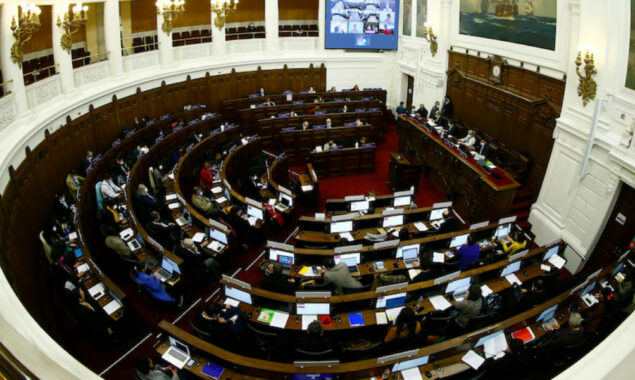Israel reopens Gaza crossing after nearly two weeks
The defense ministry said Israel restored its lone crossing with the Gaza...

In a setback to progressive dreams of overturning the neoliberal Pinochet-era political settlement, a constitutional assembly in Chile has rejected plans to nationalise sectors of the key mining industry.
Article 27 proposed giving the state exclusive mining rights to lithium, rare metals, and hydrocarbons, as well as a controlling ownership in copper mines.
However, it met strong resistance from the mining industry and was defeated last week in a blow to progressive dreams of dispersing wealth in the world’s top copper producer.
Anti-government protests in 2019 succeeded in forming a constitutional assembly to monitor change after overthrowing the 1980 constitution, which was enacted by rightwing dictator General Augusto Pinochet.
On Saturday, the country’s environmental panel put several versions of the article up for a vote, but none of them received the 103-vote supermajority needed to be included in the draught constitution.
A further clause, article 25, requiring miners to set aside “resources to repair damage” to the environment and negative impacts where mining occurs, received a supermajority and will be included in the proposed constitution.
The assembly also voted to prohibit mining in glaciers, protected areas, and locations critical to the water system’s protection. Farmers and Indigenous peoples were also guaranteed the right to traditional seeds, as well as the right to safe and accessible energy and ocean and atmosphere preservation.
After Saturday’s vote to adopt articles, new commissions in charge of fine-tuning the wording take over on Monday. The final draught is expected in early July, and residents will vote on whether or not to accept it on September 4th.
Only one of the 40 suggestions put up by the environmental commission, which is dominated by self-proclaimed eco-constituents, was adopted during the general assembly’s initial voting.
Although the commission’s ideas have subsequently been reduced, the current draught language includes provisions such as expanding protected lands, restricting private water rights, and making climate change a governmental duty.
Catch all the International News, Breaking News Event and Latest News Updates on The BOL News
Download The BOL News App to get the Daily News Update & Follow us on Google News.